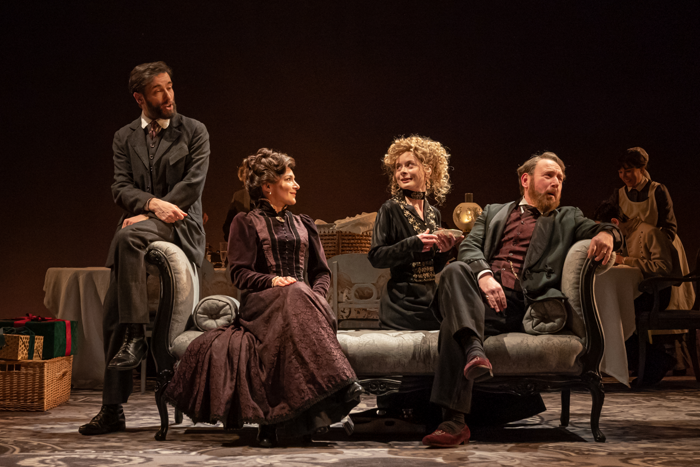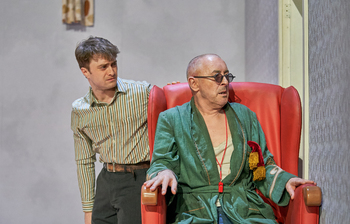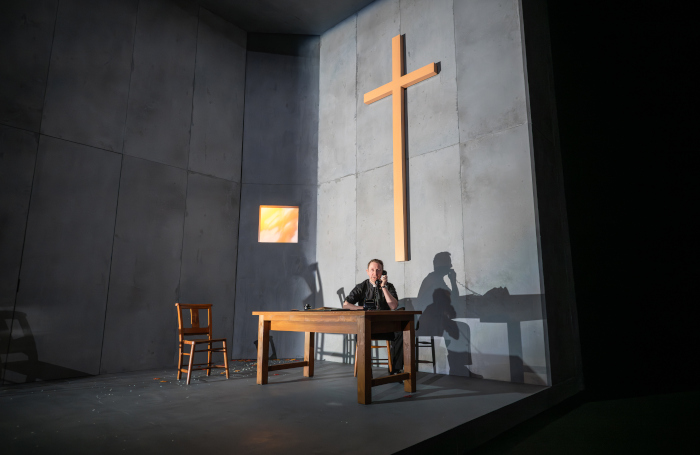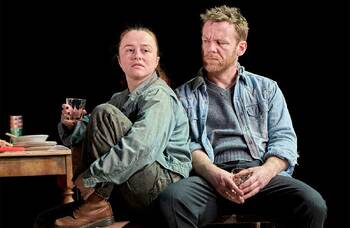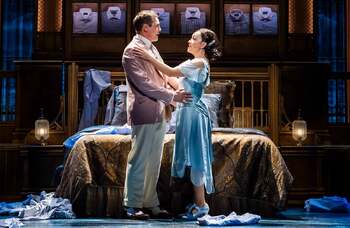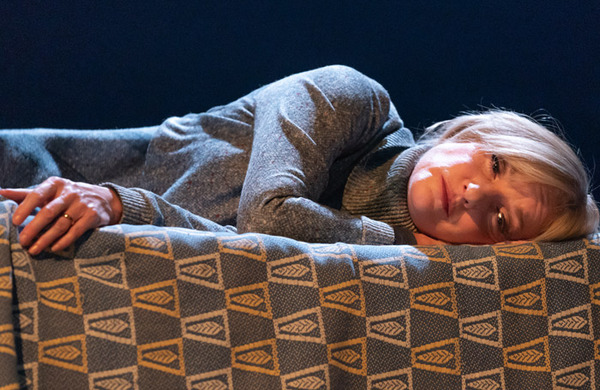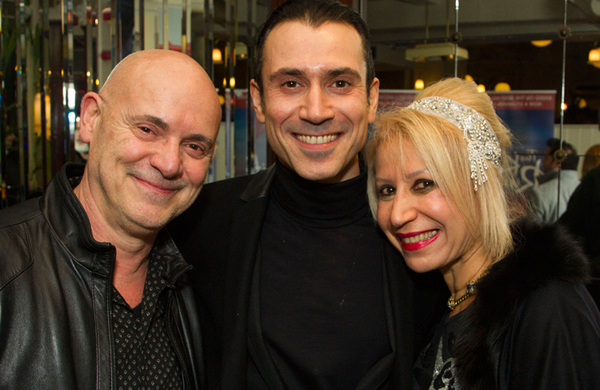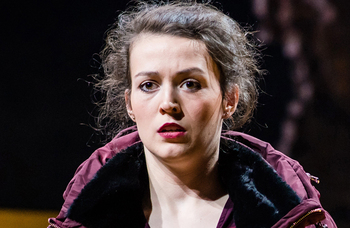Leopoldstadt
Tom Stoppard has spent a career searching for the key to the human condition through metaphor: quantum mechanics, gymnastics, Latin love poetry, cricket, pop music, rock’n’roll music, spies, limericks, a talking clock, a pair of stolen trousers. The list goes improbably on.
Throughout his 60 years as a playwright, the criticism that’s dogged him like his own Inspector Hound, is that those clever analogies have only ever masked the human condition, rather than solved it; that they provide a cool, clinical screen; that in hunting the human heart, he only succeeds in kicking it further into the long grass.
Leopoldstadt might be Stoppard’s late eureka moment: that you understand the human condition not by writing about anything – everything – else, but precisely by writing about the human condition. “The one thing I feel I’ve learnt over the years”, he said in a recent interview, “is that the story has got to work emotionally, not simply as an exercise in ingenuity.”
Whatever has been said of Stoppard’s work in the past, very little of it applies to Leopoldstadt. The play is personal, linked closely to his own family history. It is simple, following one family over five decades. And it is deeply, achingly moving.
Essentially, Leopoldstadt is a family tree: from 1899 to 1955 one Jewish family in Vienna tries to endure. The opening moments show the whole family, all generations, in a dim, dignified tableau. But from the outset, the tragedy is inherent: a Jewish family in 1899; we know what comes next.
Stoppard was born Tomas Straussler to a Jewish family in Czechoslovakia. His aunts and grandparents were murdered by the Nazis. His family fled to Singapore, then his mother brought him and his brother to England, where she married an English officer. In recent years, Stoppard has uncovered the Jewish heritage he didn’t know he had – that his mother could not talk about.

Although this is Vienna, not Czechoslovakia, and the Merz/Jacobovicz family, from the matriarch Emilia down to the youngest children, are different from the Strausslers, that doesn’t diminish the fact that this is a reckoning with Stoppard’s own heritage. Leo, a character who appears late in the play, could be Stoppard himself. The scorn, the self-laceration with which he treats this haughty Englishman is surprising.
With the exception of two scenes, we’re in the Merz/Jacobovicz family drawing room. An ornate cornice hangs over Richard Hudson’s set, at first a symbol of the family’s grandeur but eventually, as everything is stripped away, that grandeur’s only echo.
Patrick Marber, who guided us so supremely through the 2016 revival of Stoppard’s Travesties, doesn’t really let anything get in the way of the stream of words. In fact, long stretches of this play bear down with unremitting outmodedness: two people, opposing views, long speeches. For a play about the reality of history, its closeness and our shared humanity, there are many moments when the setup doesn’t embody that, whether it’s the arch acting or the starched period costumes, sumptuous but distancing. Creaks and stiffness slow the play like old bones.
Long scenes have Adrian Scarborough’s Hermann self-consciously defend his version of assimilation to Ed Stoppard’s Ludwig. There are speeches about differing understandings of Jewishness, of territory and identity, contrasting ideas of duty to one’s family past and present. Of course, Stoppard knows how to write a speech, so they’re cogent, meticulous, eloquent and sometimes – although less frequently than we’ve come to expect – witty.
But the stiffness slackens, and what becomes apparent slowly is that the power here is cumulative; accretion rather than assault. It’s words and words, layered up over generations, so that we become greatly attached to the Merz/Jacobovicz family.
As the play progresses, even if some of the conversations stay the same through the years, the note of desperation changes. So, too, does Neil Austin’s lighting: deep rich maroon to start with, then royal blue, then black. The sepia quality disappears both as a symbol of the way we’re moving forward in time, and because nostalgia is no longer appropriate.
With an ensemble of more than 30 actors having to age across decades (great credit to wigs and make-up for how natural they make the grey hairs and wrinkling faces look) there’s a lot to wrangle, but Marber does it with care and precision and, above all, respect for what the play is trying to say.

Scarborough is a highlight as he summons arrogance and pride at how far the family has come from the notorious Leopoldstadt ghetto. “My grandfather wore a kaftan, my father went to the opera in a top hat, and I have the singers to dinner,” he crows in delight, not that that social ascent matters when the police knock at the door.
There’s heartbreaking vitality from Yasmin Paige’s Hermine as she dances a Charleston, despair and bitterness from Sebastian Armesto’s Nathan, and a stately matter-of-factness from Jenna Augen’s Rosa, but it’s really a full ensemble effort.
Caroline Gruber’s matriarch Emilia laments that there’s no one left to remember the names of old family members in photograph albums, and the play’s extraordinary potency comes from the way it tackles absence. The characters are all so full of life, so garrulous at the beginning, but the cast dwindles, the silences get longer and by the final scene – a recreation of a conversation Stoppard had with a family member – the absences are unbearable.
At 82, maybe this will be Stoppard’s last play. Probably it will – he’s said so himself. We’ve had a lifetime of extraordinary games from Stoppard, but when he tilted at sincerity or sadness, the blow glanced. Wit was a protective coating, in case things got too serious. Leopoldstadt is not necessarily better than his previous work but it is different. It is the moment he stopped playing, looked us squarely in the face and said: “As a person, as a playwright, this is what I mean.”
More Reviews
Recommended for you
More about this organisation
More Reviews
Recommended for you
Most Read
Across The Stage this weekYour subscription helps ensure our journalism can continue
Invest in The Stage today with a subscription starting at just £7.99
